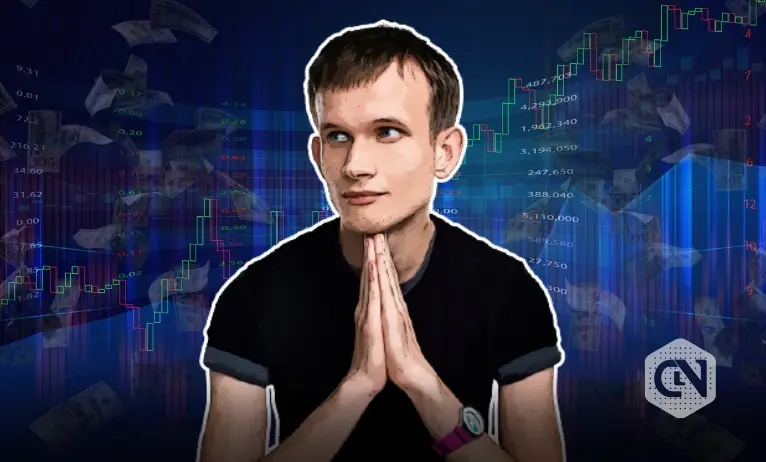Vitalik Buterin, co-founder of Ethereum, recently shared that he only believes in sustainable and truly decentralized crypto applications, as he shared his thoughts on X. In a series of posts, Vitalik tweeted noted, “The kinds of applications that I want to see are applications that are (i) useful in a sustainable way, and (ii) don’t sacrifice on the principles (permissionlessness, decentralization, etc.”
Buterin added that he thinks USDC is less great than RAI(stablecoins), but finds it way more convenient for doing international donations. The crypto industry aims to make the global economy and society more open and free, and people in emerging industries using stablecoins to freely transact is a real live use case.
Buterin noted, “USDC on Ethereum is also far better than account-to-account transfers inside centralized exchanges, which also happens a lot.”
He believed that an extended adoption of USDC will make it easier for people to move to other more decentralized stablecoins as well.
Buterik said he did feel some excitement toward the 2021-era liquidity farming craze, because it was obvious that it came from token issuances that are fundamentally temporary and lacked sustainability.
He added that intersections between decentralized finance and other decentralized tech are going to be very important.
One other thing I would add, is that we should all agree that finance *isn’t enough*. There are sooooo many centralization points that are rapidly growing and threats in the world’s technology today:
* Ongoing political attacks on encrypted messaging
* Centralized identity…— vitalik.eth (@VitalikButerin) August 25, 2024
Lastly, sharing his rebuke on Polymarket being categorized as gambling, Vitalik said that people misunderstand what prediction markets entail or why people (including economists and policy intellectuals) are excited about them.
He explained, “Prediction markets are interesting because they’re a social epistemic tool: the public gets a view of how important certain events are and what kinds of things are likely to happen, that is much less vulnerable to biased editorial opinion than either social media or news websites. Conditional prediction markets have applications in governance, which we’re starting to see already.”
